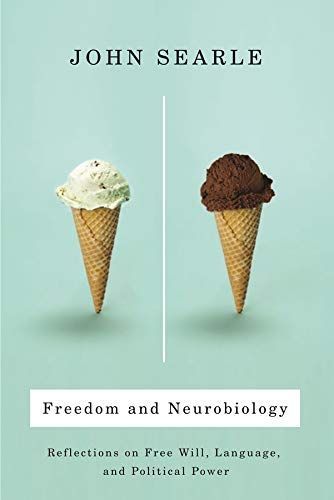
Freedom and Neurobiology Reflections on Free Will, Language, and Political Power
In Freedom and Neurobiology, John Searle discusses the possibility of free will within the context of contemporary neurobiology. He begins by explaining the relationship between human reality and the more fundamental reality as described by physics and chemistry. Then he proposes a neurobiological resolution to the problem by demonstrating how various conceptions of free will have different consequences for the neurobiology of consciousness. In the second half of the book, Searle applies his theory of social reality to the problem of political power, explaining the role of language in the formation of our political reality. Searle focuses on the institutional structures that organize, empower, and regulate our lives-money, property, marriage, government-and the way in which language constitutes them. He argues that consciousness and rationality are crucial to our existence and that they are the result of the biological evolution of our species. In conclusion, he addresses the problem of free will within the context of a neurobiological conception of consciousness and rationality, and he addresses the problem of political power within the context of this analysis.